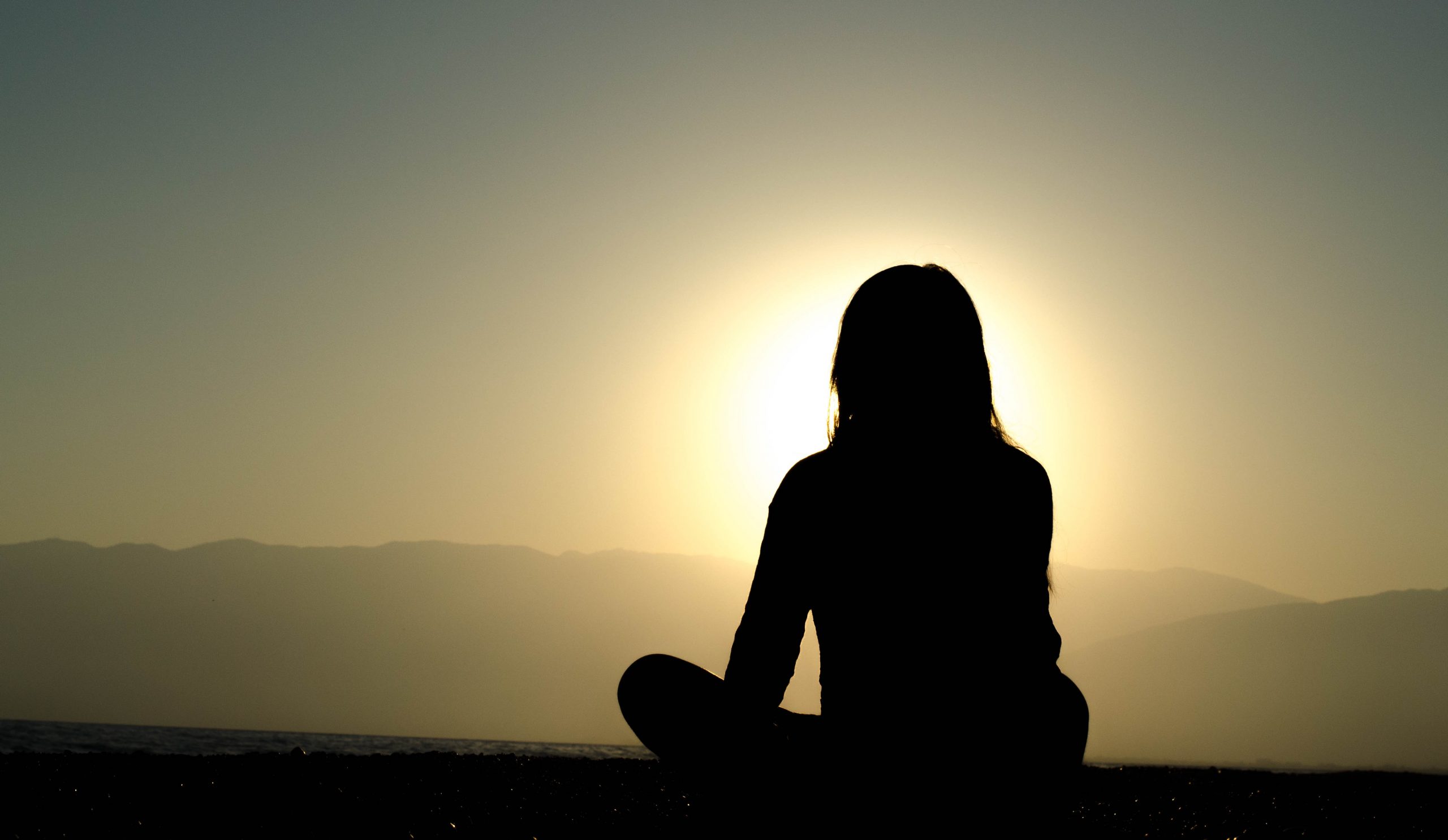Meditation has proven benefits for physical and mental well-being, backed by scientific research.
According to a study using a generalized form of meditation, people who meditate tend to have lower cortisol (stress hormones) levels. By practicing meditation regularly, we can experience better clarity, calm, and focus.
Another research displays the benefits of meditation against medical conditions including fibromyalgia, irritable bowel syndrome, psoriasis, etc.
It comes as no surprise that mediation has become a part of conversations, consciously and subconsciously. Sample this:
“So, how do you unwind after a long, tiring day?” “I meditate.”
Like this brief exchange of words, there’s an underlying thought that meditation is equivalent to relaxation, which is not exactly the case.
A yogic tradition, meditation refers to dhyana, which includes relaxation as well as concentration. It is the process of learning how to train the mind to focus its attention on a single point and experience a sense of calm and stillness within.
Meditation is a habit built over time. The key here is to start small and be consistent in your approach. Dedicating ten minutes every day to a beginner guided meditation is one of the ways you can get started and gradually move on to expand the duration based on your convenience.
I can vouch for the benefits of learning meditation, having experienced it first-hand. In no specific order, they are:
- Improved Sleep Cycle: I used to have a monkey-mind and was addicted to social media. I would spend hours scrolling through my phone every day. Fortunately, meditation made me aware of my media consumption so, I worked towards decreasing my screen-time and instead spent the time reading and reflecting. It gradually helped me relax and, consequently, sleep early.
- Enjoying Being Present: I was very excited when I first bought a smartwatch to see how many steps I could cover in a day. I set a target of 10,000 steps per day and kept pushing myself to complete it. The result – no target achievement with a bad feeling about the same. I started questioning my attachment towards fast-forwardness. The only notification I needed was to slow down and breathe. Just to enjoy the action of walking in the moment.
- Prioritizing Mind and Body: As I grew, I realized the need to take care of my mind and body. With meditation, it felt natural to focus on the happiness and well-being of oneself. It helped in building better relationships or gaining confidence, or practicing discernment.
- Journaling: Of all the good habits I developed after choosing meditation as my companion, writing is one of the best. From jotting raw thoughts or just pouring out my emotional state of the day, there was contentment inside. I felt at peace.
- Understanding the stability of Meditation: Whether you agree or not, a missed meditation session at my set time of the day cannot be made up later that day. Early on in my practice, routine and stability were my best allies, and they still continue to be. The thing is: Changes, distractions, emergencies, meetings, and so forth will always be a part of life. The key is to prioritize the practice, and everything will align with it.
Meditation makes you cultivate joy and helps you experience calm and stillness. Want to get started with online meditation? Transform your life with bite-sized sessions and beginner’s guided meditation included in the Heartfulness App free meditation app.
Curated with permission from Himani Nandwana
Original source: https://heartfulness.org/en/how-meditation-changes-habits-and-personality/



